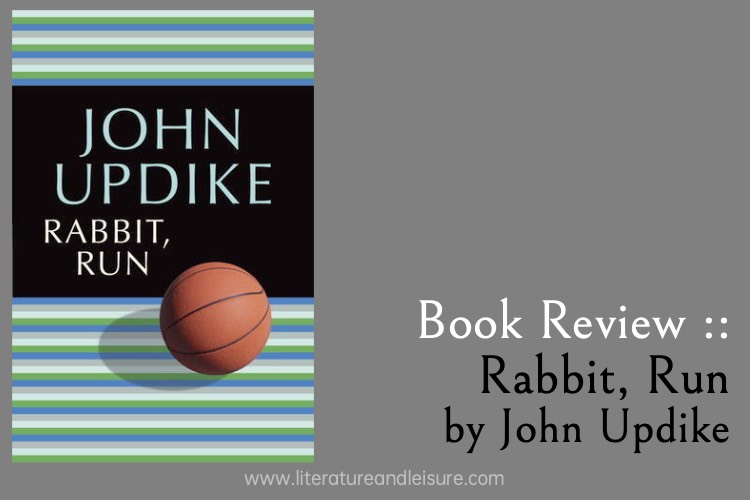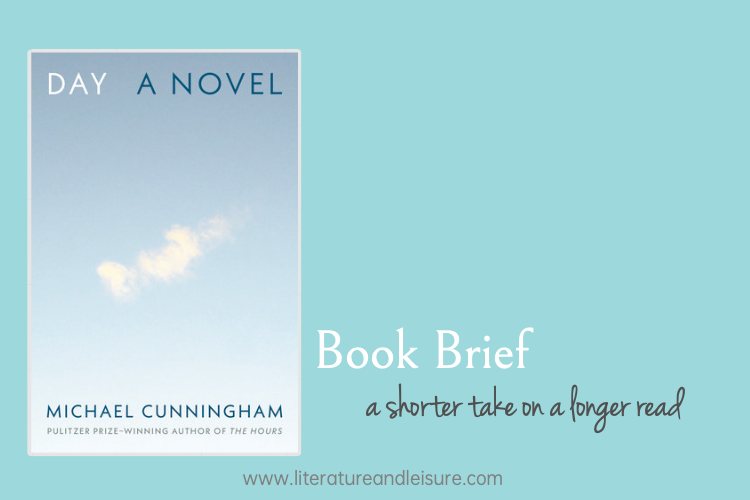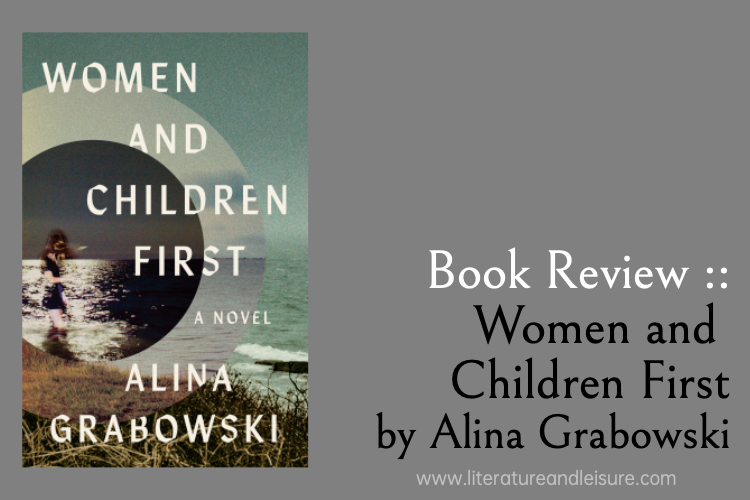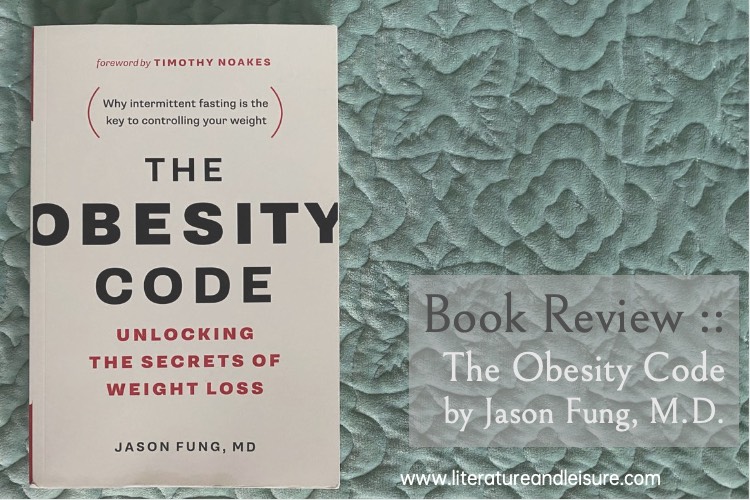Maybe it is the fact that I’ve recently read two books that read like a collection of short stories, or maybe it is because it hasn’t been that long since I read my last collection by Alice Munro, but Munro’s collection Hateship, Friendship, Courtship, Loveship, Marriage was not all what I wanted it to be.
Now before you begin to think I didn’t like this collection, being let down by Munro is a little like getting used to expensive red wine and then not being overly impressed by your former $10 standard. Munro is an excellent writer, and when I’m drawn in, there’s nothing like it. Enough with being wishy-washy; here’s a little about this collection.
The common thread in this collection is forbidden romance. Whether it is a stolen kiss, a car ride with a stranger or a childhood sweetheart that has unexpectedly shown up, the women in this collection struggle with loyalty to their duty and the mundaneness of married life and brief opportunities to break free of it.
In “What is Remembered” Meriel survives by acknowledging her brief liaison, but then choosing to honor her duty:
She ached in expected and unexpected places. The job she had to do, as she saw it, was to remember everything – and by ‘remember’ she meant experience it in her mind, one more time – then store it away forever. This day’s experience set in order, none of it left ragged or lying about, all of it gathered in like treasure and finished with, set aside. She held on to two predictions, the first one comfortable, and the second easy enough to accept at present, though no doubt it would become harder for her, later on. Her marriage with Pierre would continue, it would last. She would never see Asher again. Both of these turned out to be right.
Munro does not leave her readers with a sense that her characters are victims; rather, they acknowledge the struggle and choose their destiny. The narrator of “Family Furnishings” concludes with “This was what I wanted, this was what I thought I had to pay attention to, this was how I wanted my life to be.”
A second, less common yet present theme is suicide. While in other stories it shows up as a mere mention, suicide takes center stage in “Comfort” as Nina’s husband, Lewis, takes his own life instead of succumbing to a debilitating illness.
And so, this collection is about choices – hard choices.
One thing that I love about Munro is her timelessness. For the most part, except for mention of items like answering machines, timeframe remains obscure, allowing the reader to focus on the human condition that transcends time and place.
A strong collection for any lover of short stories.





I have an award for you here:
http://thisbookishlife.blogspot.com/2010/05/oh-my-blog.html
"Now before you begin to think I didn't like this collection, being let down by Munro is a little like getting used to expensive red wine and then not being overly impressed by your former $10 standard."
lol, I love this analogy. I've only read a handful of Munro short stories to date, either online or in anthologies, but I have loved them all.
Thanks, Zara!
I alway aim to please, Nymeth!
I just finished this collection and I was sure that you had done a review…lo and behold! Here it is! I agree with you on your opinion. I have loved Munro before, but this collection just didn't grab me like others have. I kept getting distracted while reading and thought it was just me. Thanks for the great review!